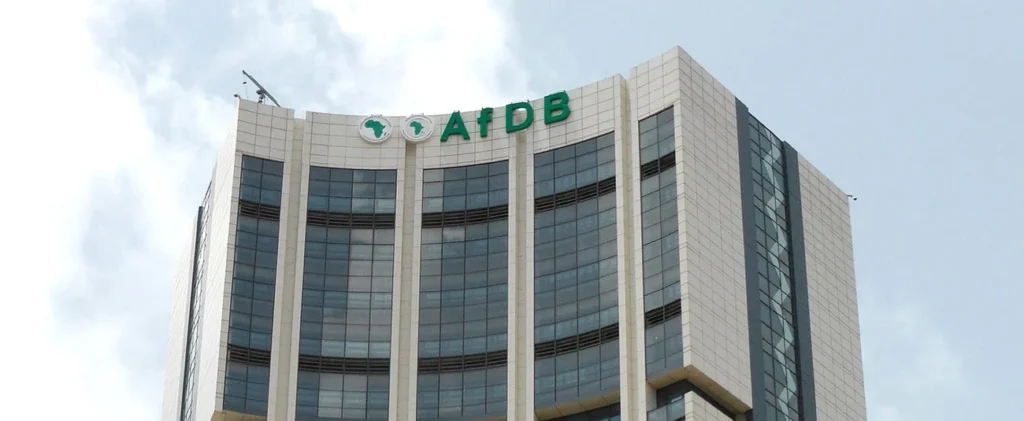
The World Bank and the African Development Bank (AfDB) have launched “Mission 300,” a joint initiative aimed at providing electricity access to nearly 300 million Africans over the next five years through a $50 billion investment. The ambitious pledge was announced at the Africa Energy Summit held in Dar es Salaam, Tanzania, last week.
The summit brought together African leaders, international financial institutions, and private sector representatives to address the continent’s significant energy deficit. Currently, over 600 million Africans lack access to electricity, hindering economic development and impacting the lives of millions.
In addition to the World Bank and AfDB’s $50 billion commitment, other international financial institutions, including the French Development Agency, the Asian Infrastructure Investment Bank, the Islamic Development Bank, and the OPEC Fund, pledged significant contributions.
The AfDB and World Bank launched Zafiri, an investment company designed to support private sector-led solutions, such as renewable mini-grids and solar home systems. Zafiri aims to mobilize up to $1 billion to bridge Africa’s persistent equity gap in the energy sector.
Twelve African countries presented detailed National Energy Compacts outlining their plans to expand electricity access, increase renewable energy use, and attract private investment. These compacts will serve as roadmaps for implementing critical reforms and achieving ambitious targets.
The summit concluded with the adoption of the Dar es Salaam Energy Declaration, which outlines commitments from African governments to reform the energy sector and accelerate progress towards universal energy access.
The report by the Mo Ibrahim Foundation highlighted the need for reliable grids to support economic growth and deliver essential public services. The average cost of running a modern fridge in Africa is significantly higher than the global average, posing a significant burden on households. Frequent power outages and limited access to electricity hinder economic activity and productivity.
Over 930 million Africans lack access to clean cooking fuels, leading to significant health and environmental problems. The success of Mission 300 will depend on strong political will, effective implementation of National Energy Compacts, and increased private sector participation.
Mission 300 represents a significant step towards addressing Africa’s energy crisis. By fostering collaboration between governments, international institutions, and the private sector, the initiative aims to unlock the continent’s potential and improve the lives of millions of Africans.
However, continued commitment, strong political will, and effective implementation will be crucial to achieving the ambitious goals set forth in the Dar es Salaam Energy Declaration.
